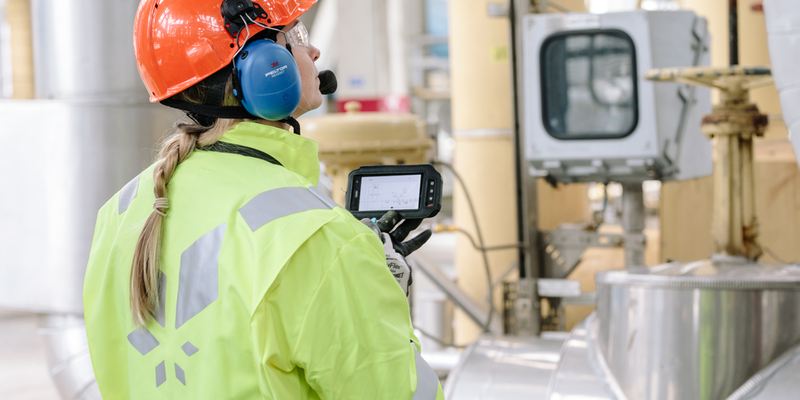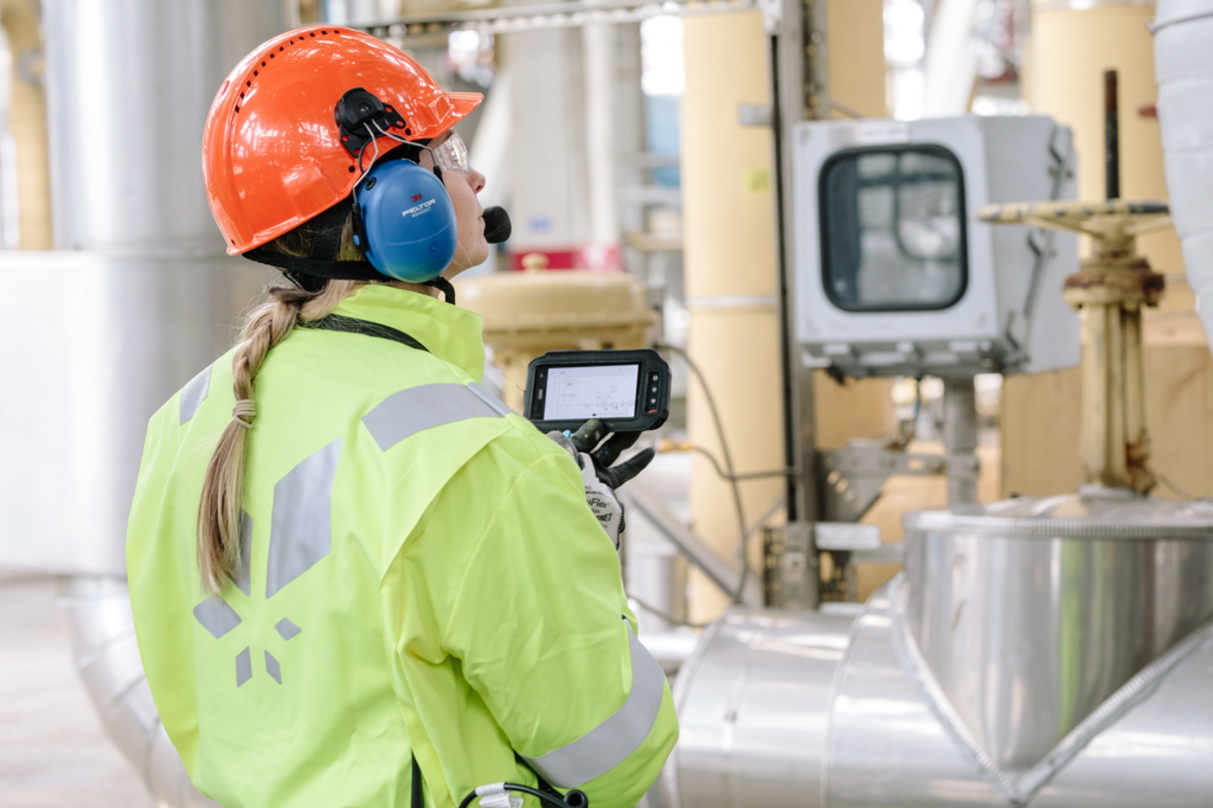The Government’s recently published Levelling Up white paper rightly focused on skills as one of the key focus areas for ‘missions’ to increase opportunities and deliver a highly trained workforce in regions such as the Humber

It builds upon previous references in Government policy documents to the importance of this issue, although just as important is local supply chain development – mentioned on multiple occasions in last year’s Energy white paper but largely overlooked by the Levelling Up document.
These wider economic benefits – transitioning skills, developing and retaining talent, creating opportunities for SMEs rather than just international corporates – are areas where energy and decarbonisation projects in our region can really deliver grass roots benefit.
The economy and social fabric of our ‘Energy Estuary’ is built upon traditional industry, often powered by fossil fuels, which we need to ease out if we’re going to reach our regional ambitions and national legal targets around net zero. Within recent history the North of England has learnt the hard way what happens when we simply press the ‘off button’ on industry that employs huge numbers in the community and we must therefore ensure a just transition towards net zero.
We need to be able to transition the region’s extensive skills from traditional heavy industry and offshore oil and gas, into greener alternatives. We also need to take local businesses on this same journey, creating opportunities within the supply chains of new decarbonisation projects. Similarly, we need to focus on nurturing the workforce of the future, inspiring young people of all backgrounds to seek careers within the truly ground-breaking projects that we’re undertaking.
Equinor staff recently visited a primary school near our flagship H2H Saltend project, to do a short presentation and Q&A with the children. The level of interest and knowledge shown by the pupils was incredible and demonstrated the potential for future talent if we can retain their interest in the subject, and just as importantly, keep them in the area rather than lose them to the usual ‘brain drain’ that has dragged talent away from the North over many decades.
Equinor has recently signed a partnership agreement with the outstanding Ron Dearing University Technical College, which gives companies direct input into the curriculum, helping to develop young people and provide them with the specific skills that local employers need. This will be invaluable for projects like H2H Saltend, which is due to be operational by the middle of this decade and will need workers trained in (to the UK) new technologies such as hydrogen and carbon capture.
We are lucky to have great institutions like the Universities of Hull and Lincoln, and the Aura Innovation Centre on our doorstep, offering graduates and postgraduates with specialisms in low carbon technology as well as more traditional subjects. With exciting projects across major proposals such as the East Coast Cluster and Zero Carbon Humber schemes as well as the wider region, there will be increased opportunities for these young professionals to stay in the area and work on some of the biggest and most innovative ventures in Europe.
Similarly, having local organisations like CATCH (and the potential for its future Industrial Decarbonisation Centre) and the Supply Chain Network, both of which H2H Saltend has recently hosted Supplier Days with, helps to bridge gaps between global energy giants like Equinor and local small and medium sized businesses, many of which are under a dozen people.
Among Zero Carbon Humber’s fourteen partners is the University of Sheffield’s Advanced Manufacture Research Centre (AMRC), which has already helped to deliver billions of pounds worth of contracts to UK, and often North and Midlands based supply chains rather than see the opportunities lost abroad, as had historically been the case. Learning from its Fit4Nuclear programme designed for that sector, it is applying that knowledge to its new Fit4Hydrogen and Fit4CCUSsupply chain initiatives, to ensure that local content can be instrumental to the development of these sectors in the coming decades.
With the development of such globally significant projects across our region and the presence of such game changing partners on our doorstep, the Humber is in prime position to lead on the Levelling Up agenda – delivering real change, transitioning skills, developing and retaining talent, and offering opportunities to local businesses whilst decarbonising the UK’s most carbon intensive region.
Author :
Richard Royal
Head of Public Affairs & Communications – Humber Cluster
UK Low Carbon Solutions
Equinor ASA
